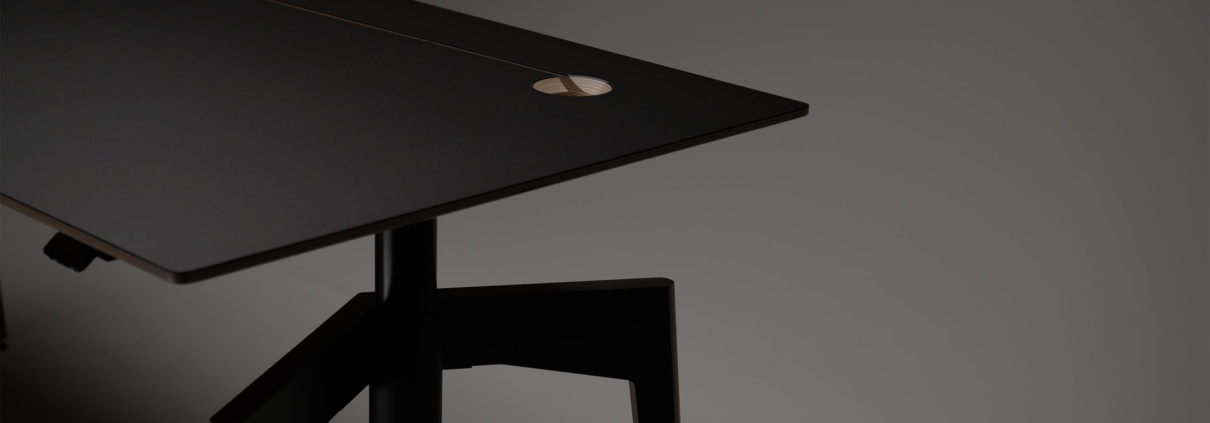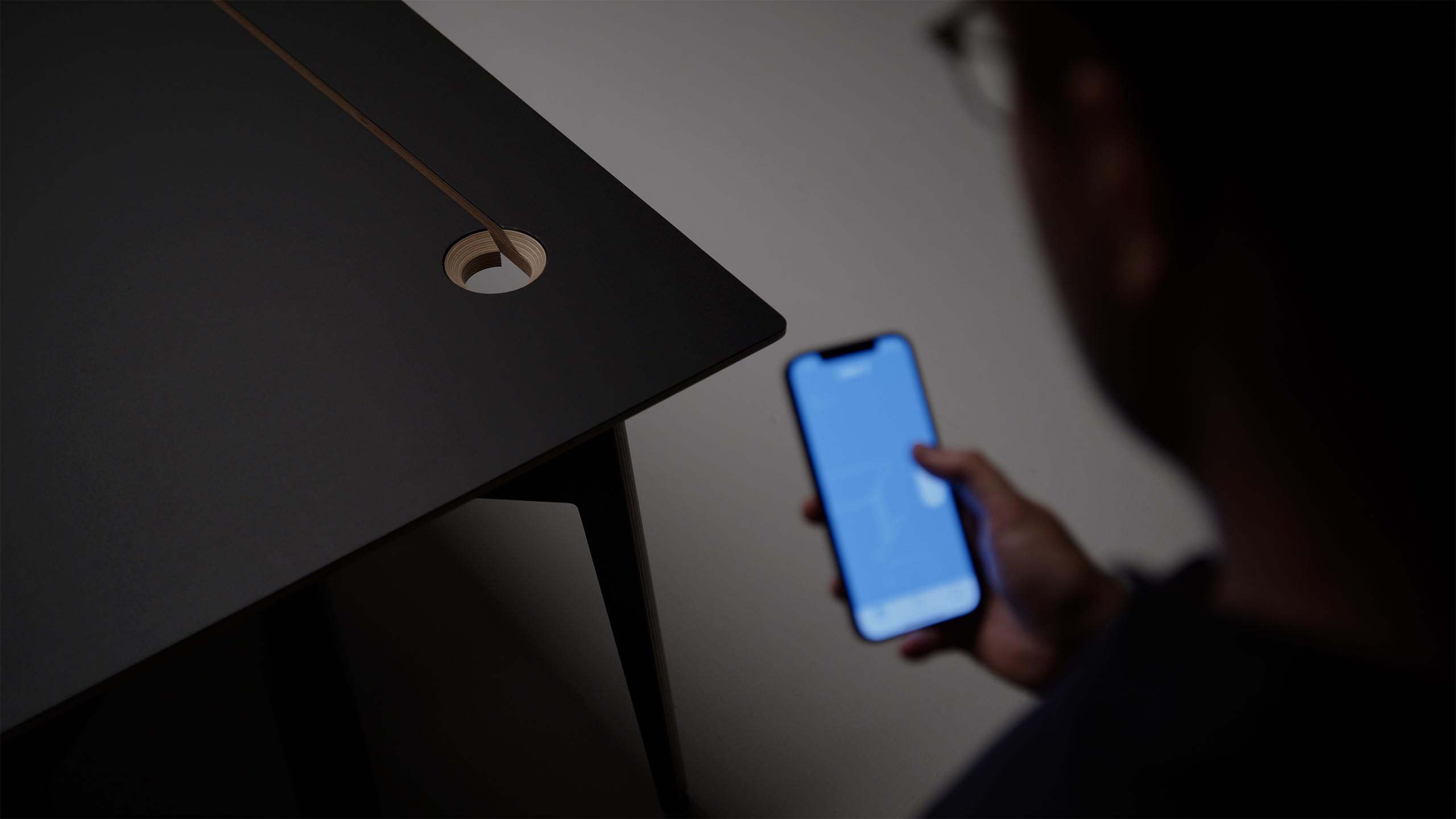The Renaissance of Workspace Design: Balancing Aesthetics and Ergonomics
The Evolution of Workspace Aesthetics
Workspace design has undergone a significant evolution over the centuries. From the purely functional layouts of the Industrial Age to today’s ergonomic environments, the shift has been dramatic. The 19th century introduced a blend of utility and beauty in machinery designs, like the elegantly crafted Singer sewing machines, suggesting that workplaces could be both efficient and aesthetically pleasing. This history sets the stage for modern workspace design, where beauty is seen as a complement to functionality, not an afterthought.
Ergonomics Meets Art: A New Design Philosophy
In contemporary workspace design, there’s a growing emphasis on merging ergonomics with art. This trend acknowledges that a workspace should not only be healthy and comfortable but also visually stimulating and inspiring. The integration of ergonomic principles with artistic design elevates ordinary office furniture to a new realm, where pieces like the sit-stand desk are not just functional but also embody a sense of style and innovation.
The Role of Materials in Design
The choice of materials in workspace design speaks volumes about the philosophy behind a piece. Natural materials like plywood and linoleum are seeing a resurgence, valued for their sustainability and aesthetic appeal. These materials are being reimagined in modern furniture, offering a balance of durability, comfort, and visual appeal. In sit-stand desks, for instance, the use of natural plywood and linoleum creates a product that is not only ergonomic but also aligns with contemporary design sensibilities.
Designing for Wellness and Inspiration
Design in the modern workspace is increasingly focused on wellness and inspiration. The realization that our environment significantly impacts our health and creativity has led to designs that are adaptable and conducive to well-being. Adjustable furniture, like sit-stand desks, plays a crucial role in this shift. They offer flexibility and movement, countering the sedentary nature of many modern jobs and contributing to a more dynamic and health-conscious workspace.

